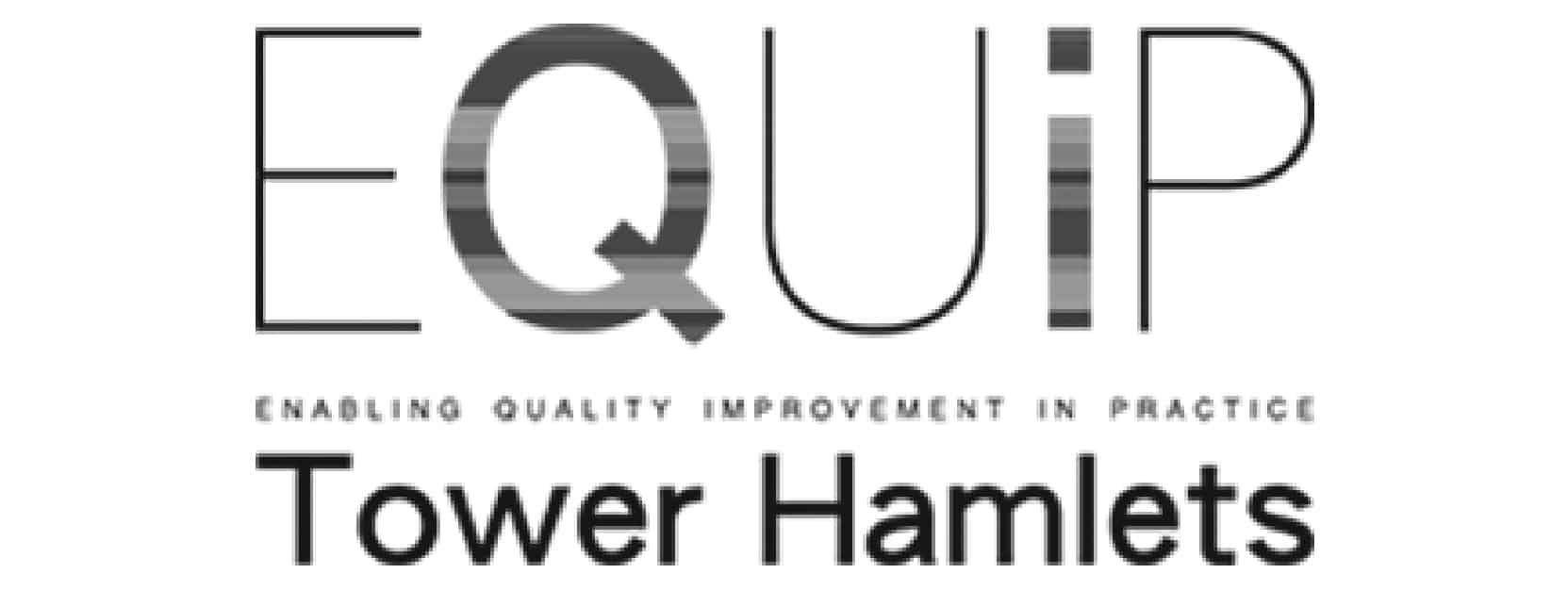Here’s why the best candidate doesn’t always get that promotion!

Here’s why the best candidate doesn’t always get that promotion!
“Doesn’t make sense that he got the promotion and I didn’t. I have worked so hard over the years and everyone sees me as much more senior than him. What happened?” These are the words of Elizabeth*, a senior female leader who was gutted about missing out on a promotion that had her “name written all over it”. Unfortunately, it is a familiar story — a highly-skilled, talented and hard-working professional shocked about missing out on a well-deserved promotion. So, what could have gone wrong here?
In a recent Leadership Development workshop, my co-facilitator and I introduced the PIE model to participants. The PIE model was developed by Harvey Coleman and first mentioned in his book ‘Empowering Yourself, The Organizational Game Revealed’ in 1996. Coleman suggests that the selection process for ‘upward mobility’ and career success is based on three key elements:
- Performance: a person’s day-to-day job performance in a job. Your ability to get your work done efficiently, thoroughly and correctly.
- Image: this is what other people think of you. Do people turn to you for help because you are a problem solver? Do colleagues see you as a positive and creative force in the workplace?
- Exposure: this represents who you know and who knows you. How many other people know you and appreciate the quality of your work? Do your colleagues know who you are and value your skills? How many stakeholders know about your capabilities, skills, positive attitude and that terrific work ethic?
The Importance of Exposure
Not only does Coleman suggest that exposure is one of the three most important elements for career success, he estimates that Performance is worth 10%, Image is worth 30% and Exposure represents 60%! That’s right – your job performance may be worth as little as 10% in terms of getting you that promotion.
Elizabeth* who was passed over for promotion overlooked the importance of exposure in the workplace. This is a common realisation for female professionals who go through our facilitated Personal Leadership programmes.
Quite often, they have incredible workplace performance and image, but fall short on exposure.
“Unless you consistently and effectively promote yourself in the workplace, it is entirely possible that you will be passed over for promotion, while a less-qualified candidate gets the job!”
Why do Women Struggle With Exposure?
Sheryl Sandberg, the author of Lean In: Women, Work and the Will to Lead, gave a fantastic TED talk in 2010, which shed some light on why women struggle to promote themselves in the workplace. The key reasons included:
- Women systematically underestimate their own abilities: unlike men, who usually overestimate their abilities, women are often modest about their skills, achievements and capability. While modesty is an admirable trait to have, it can negatively impact on the exposure you receive in the workplace and limit your career prospects.
- Women often attribute their success to external factors: unlike men, who attribute their success to themselves, women are more likely to credit co-workers for their endeavors or say they were lucky to do well. It is important to take credit for your own hard work, talent and creativity, to gain more exposure. Yes, blow your own trumpet!
- Women don’t apply for jobs unless they believe they fulfill all job requirements. Women are more likely to wait until they are a perfect fit for a job before applying. Men are more likely to bluff their way to the role and work it out as they go. Men will rely on the currency gained by exposure to land the role instead of making sure they are perfectly qualified. Sandberg suggests: “Women need to shift from thinking I’m not ready to do that” to thinking “I want to do that — and I’ll learn by doing it”. She rightfully said:
“No one gets to the corner office by sitting on the sidelines. No one gets the promotion if they don’t think they deserve their success.”
When women underestimate their capacity to do a job well or lack confidence, it can impact the salary they achieve. Sandberg cites research that indicates when people enter the workforce out of college — 57 percent of men negotiate their first salary, while only 7 percent of women negotiate their salary.
Our Personal Leadership programme is popular with female professionals who we help identify and deal with any issues that threaten to get in the way of their career success. Unsurprisingly, one of the most common challenges we come across is Imposter Syndrome – the feeling that you’re a fraud and it’s only a matter of time before you get found out.
Imposter Syndrome is by no means limited to women. Perhaps, men are more likely to adopt the “fake it till you make it” approach to dealing with it.
Now, over to you…..
What do you think of Coleman’s PIE model? What are your thoughts on Sheryl Sandberg’s talk? Do you agree that men are possibly better at dealing with Imposter Syndrome?
Share your thoughts by commenting below or if you would like to discuss any of the highlighted issues offline, get in touch for an informal chat.
*name changed to protect confidentiality























